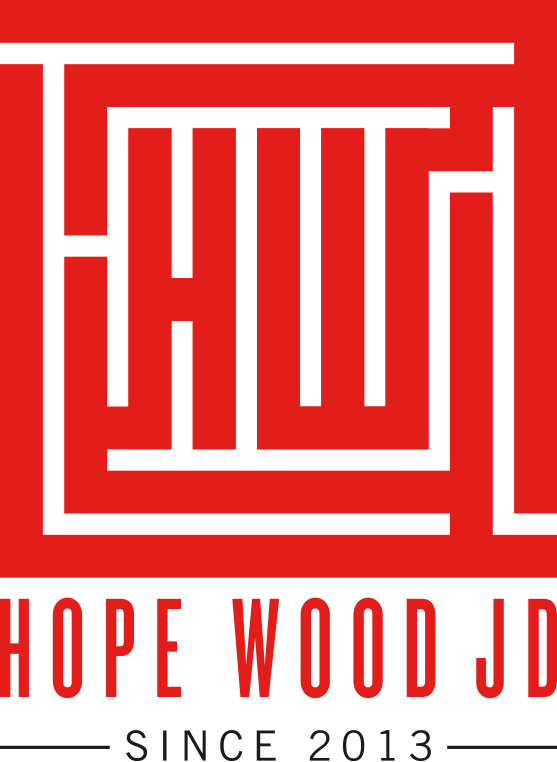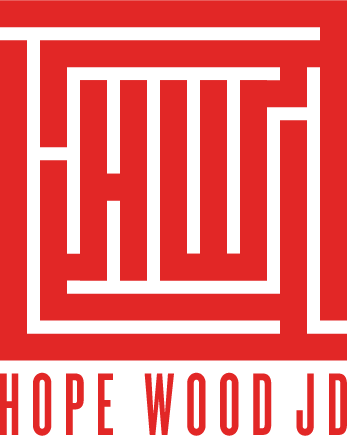Save Your (Brain) Cells
People want your attention.
Take a moment and look at your surroundings. If you are outside, there are billboards, vehicle graphics, political yard signs, and sale signs. If you are inside, there are magazine covers, flyers, and reminders. If you are online, there are digital ads, newsletters, mass e-mails, and pop-ups.
Someone wants you to do something or buy something.
There are college degrees, careers and companies whose job is to get one product or person to stand out in front of another.
How does this relate to saving brain cells? I don’t mean it in a literal way. First, I used the title because I wanted you to be curious enough to open the blog and read it. I am doing to you what I am going to advise you not to do.
I want to help save your brain from the fatigue of information overload.
The most common information overload is in electronic form. A newsletter, sale announcement, or request for donations. The most common method of information overload delivery - E-MAIL.
I was in law school for 3 years and had a complete hiatus from work e-mail. I promised myself when I returned to the work force I would use it as an opportunity to be proactive with my e-mail account. Instead of unsubscribing from newsletters or mass e-mails, I created a filter so these e-mails skipped my inbox and went to a designated newsletter folder.
Day after day, you consume information that you don’t use.
After my first year with this filter, I had about 1,500 unread e-mails in my newsletter folder. My life was no different having not read them but I saved brain energy by not having to decide to open or to delete the e-mail. If I opened the e-mail, I would use brain cells by processing the information and even more brain cells deciding whether or not to take the recommended action. This was unnecessary brain drain.
You consume information because someone put it in front of you and something internally motivated you to read it.
Last weekend, I opted-in to 3 health newsletters from the Mayo Clinic. I was researching their diet plan and thought their topic suggestions for newsletters would be helpful. Yesterday morning, I spent 15 minutes doing a quick skim on the newsletters and they were helpful. Afterwards, I didn’t do anything different or intend to implement a recommendation. The newsletter confirmed things I already knew or taught me something new. The new information was neat, but I didn’t find it important enough to take action on it or commit it to long-term memory. Today, I can’t tell you what information was new to me.
My proposal is to actively seek new knowledge rather than be a passive consumer of information.
If you want to be more educated on a topic, be a seeker. Go pro(active) to educate yourself on the information you need. Use your brain cells the way they want to be used. Go for a week and forgo reading any newsletters or blast e-mails. Then take notice of what happened or didn’t happen.


